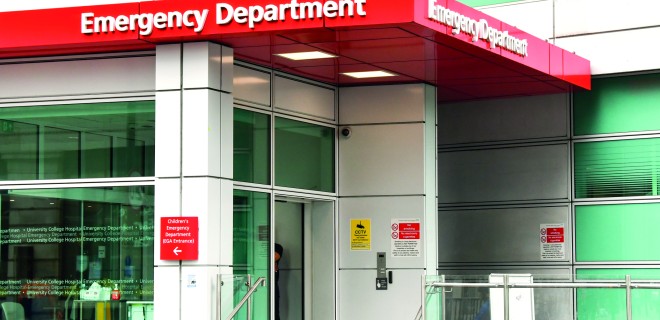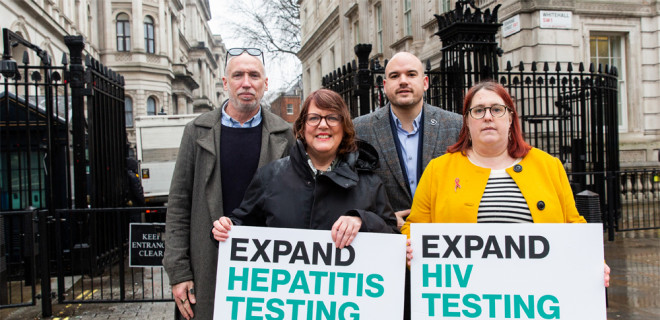This World AIDS Day the West Midlands gets a remarkable new addition. Outside the Birmingham Hippodrome Theatre, the city will unveil a memorial like no other. Two intertwined heart-shaped red ribbons – one rusted, one gloss – represent those lost to AIDS and those still living with HIV. They are not just a reminder of what we miss but what we still have to do.
Yes, HIV is not the death sentence it was. Yes, those living with HIV on effective treatment cannot pass on the virus. But the biggest reason so many people do not test is stigma.
Many fear what a positive test might mean – not based on the latest science, but the well-intentioned adverts from the 1980s or experiences of loved ones no longer with us. The worst thing about HIV is it going undiagnosed. There are some 3,000 undiagnosed people living outside the capital – it is time we found them.
In the West Midlands, five of our seven boroughs are deemed high prevalence areas for HIV – Wolverhampton, 3.47 people per 1,000 adults; Coventry, 3.1; Sandwell, 2.92; Birmingham, 2.69; and Walsall, 2.45.
Government guidance is that everyone already having blood taken in accident and emergency departments (A&E) in these areas should be automatically tested for HIV, unless they ask not to. This ‘opt-out’ HIV testing is proving transformational in London, Blackpool, Brighton and central Manchester. In 100 days of new funding these areas found 128 people living with undiagnosed HIV and 65 with diagnosed HIV but not getting the care of one of our world leading clinics and drugs that will make them well.
But that success only exaggerates the absence of these funds in the West Midlands. How many people might now know their HIV status and themselves be on a journey to stop the virus attacking their immune system and stopping the onward transmission of HIV? Not enough.
Every one of those people deserves to know their status like those in the capital do. It would cost just £1.6 million a year for our nine hospitals in high prevalence areas to routinely test. Done together there would be economies of scale meaning further saving for NHS England or the funds to do tests across Dudley and Solihull’s A&Es too.
In London and Manchester they have also included hepatitis B and hepatitis C testing. They were six times as likely to find the former and twice as likely the latter. The same would be true in our region. This collaboration is a no-brainer.
This investment would save money for the NHS within a matter of months and relieve, not cause, pressure in our A&Es. In Croydon, their average time in hospital for a newly diagnosed patient with HIV went from 34.9 days to 2.4 over 32 months. People with undiagnosed blood borne viruses have a weakened immune system and greater use of the NHS. It is time the NHS stopped their viruses going unseen. Treatment is available, it is effective and it is cost-efficient.
To this end I have written to the Health Secretary Steve Barclay asking for the funding needed for our region. I know MPs across the region have done this as well and the leaders of Birmingham, Coventry and Sandwell have too. This is not a World AIDS Day stunt but a serious call for action.
I don’t want ‘The Ribbons’ to simply be a tribute. It needs to be a reminder that HIV is still happening to many in our lives – right under our noses. In this region we all call home. There is work to do, let’s get to it.
Andy Street is Mayor of the West Midlands. This was a joint blog for our site and Saving Lives.



